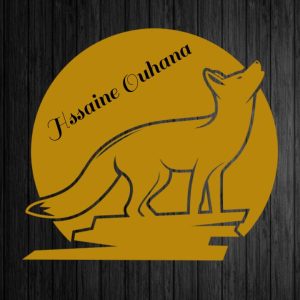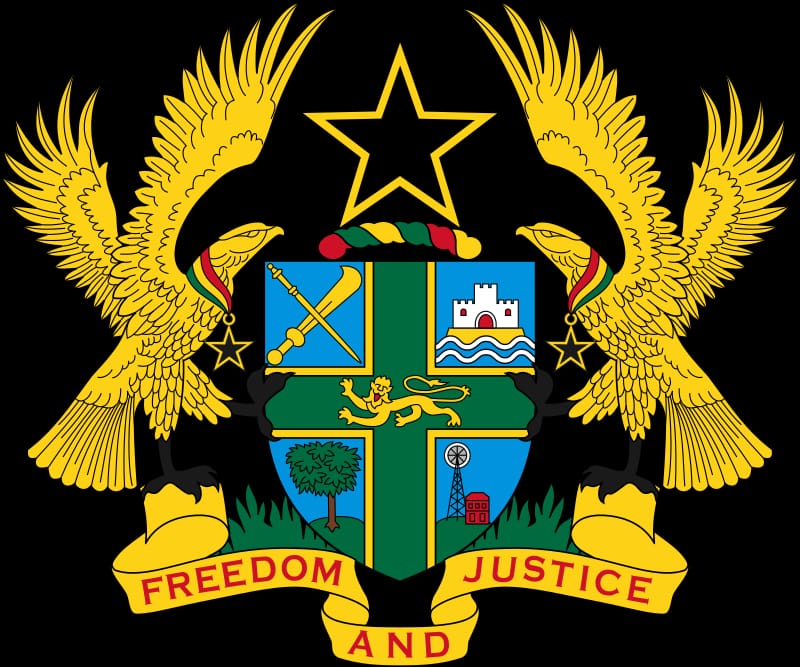Ghana Languages, Ghana is a multilingual country in which more than eighty languages are spoken. The English language, inherited from the colonial era, is the official language as well as the language of communication between the various tribes. The Akan languages are the most spoken among the indigenous languages of Ghana.
There are more than seventy ethnic groups in Ghana, each with its own distinct language. Languages belonging to the same ethnic group are usually mutually intelligible. For example, the Dagbanle and Mambile languages of the northern region are mutually intelligible with the Farfra and Wali languages of the upper western region of Ghana. The reason is that these four languages are of the same origin, which is the Molly Daghbani race.
Eleven languages have government-sponsored language status: three Akan languages (Akwapi, Twi, and Fanti) and two Moli-Dagbani ethnic languages (Dagari and Dagbanli). The other languages are Ewe, Dangmi, Ga, Nzima, Gunja, and Kasim.
Ghana’s local languages
Afrohili:
- A compound word from African and Swahili) is an artificial language whose vocabulary and grammar are taken from the grammar and vocabulary of African languages. It was invented in 1970 to be the language of the continent
Akan languages:
- It is a language widely spoken in Ghana and Suriname. And it is receiving interest from the Ghanaian government in developing this language, and as for the number of its speakers, they make up approximately 19 million people, most of whom live in Ghana and Suriname.
Soninic:
- A Mandarin language in Mali, southern Mauritania, and eastern Senegal as well as the Gambia, it was the language of the medieval Ghana empire. The number of speakers is more than a million. One of its dialects is called Azeri, which is the dialect of Mauritania, and the name of the Sunonki differs according to their presence. The Malians call them Maraka, and this word consists of two parts (mara) meaning king and (ka) meaning language, and thus the meaning of the word becomes the language of the king. It means red men, and in the desert, they are called Azir, and they are farmers linked to the land, but that did not prevent them from working with the neighbor. Among them were the rulers of Ghana and they resided in the desert at first, but – in later historical stages – they were stationed at its southern edge in what was known as the coast, and there they mixed with Berbers
- The Soninki are considered the most ancient inhabitants of the Senegal River Basin region in advance of Islam, as they constituted the majority of the population of the Ghana Empire, which Islam entered at the hands of the Almoravids and before them as well. The late Dr. and Professor of Linguistics at the University of Nouakchott, Othman Moussa Diagana, developed the first French Soninki dictionary


Leave a Reply